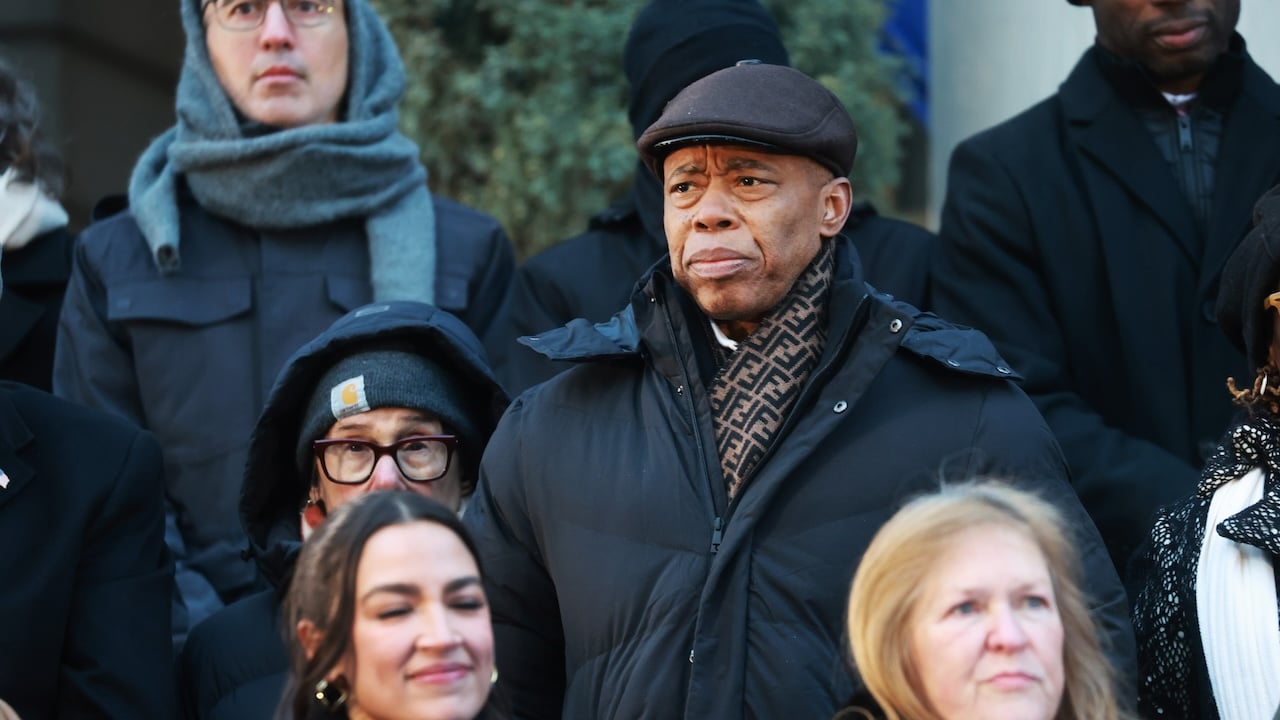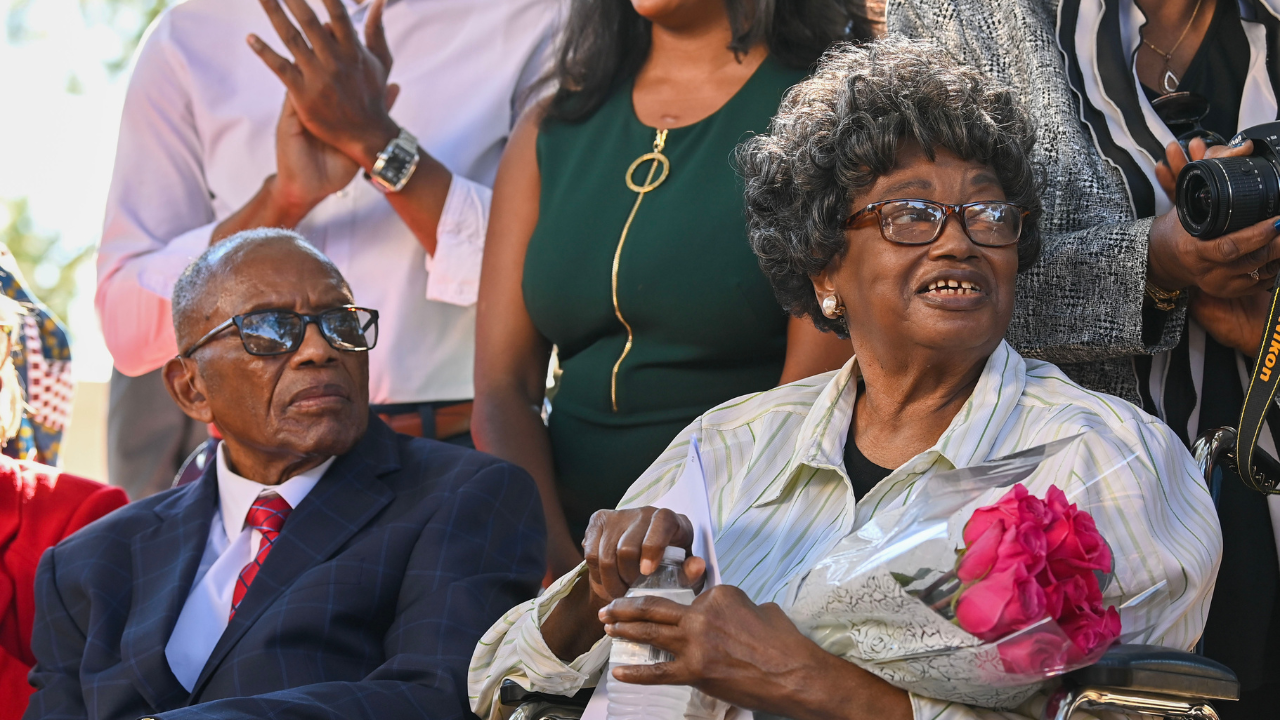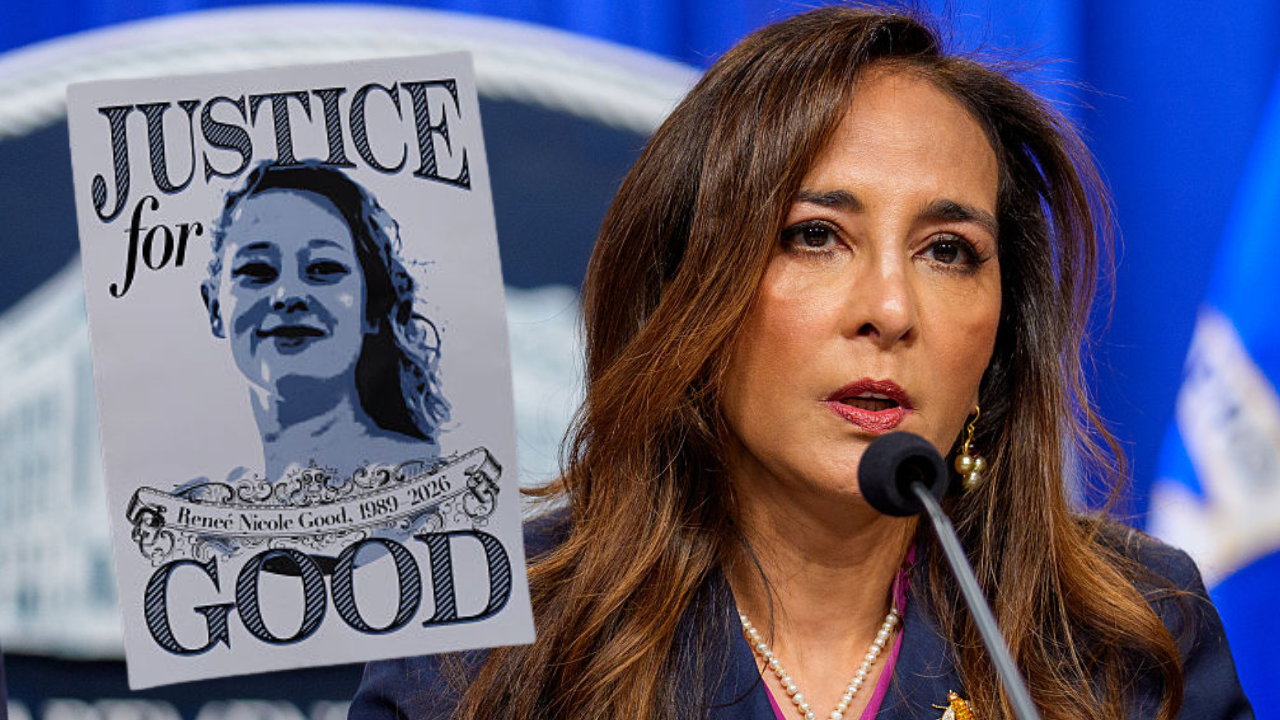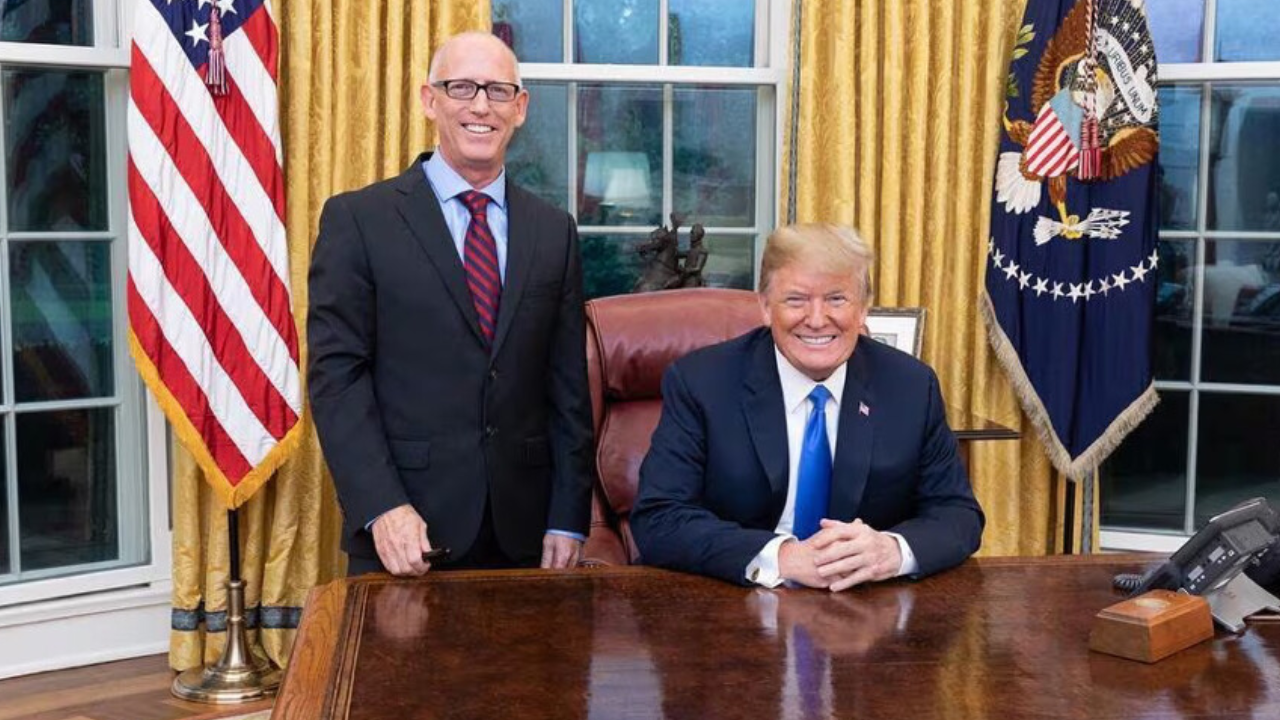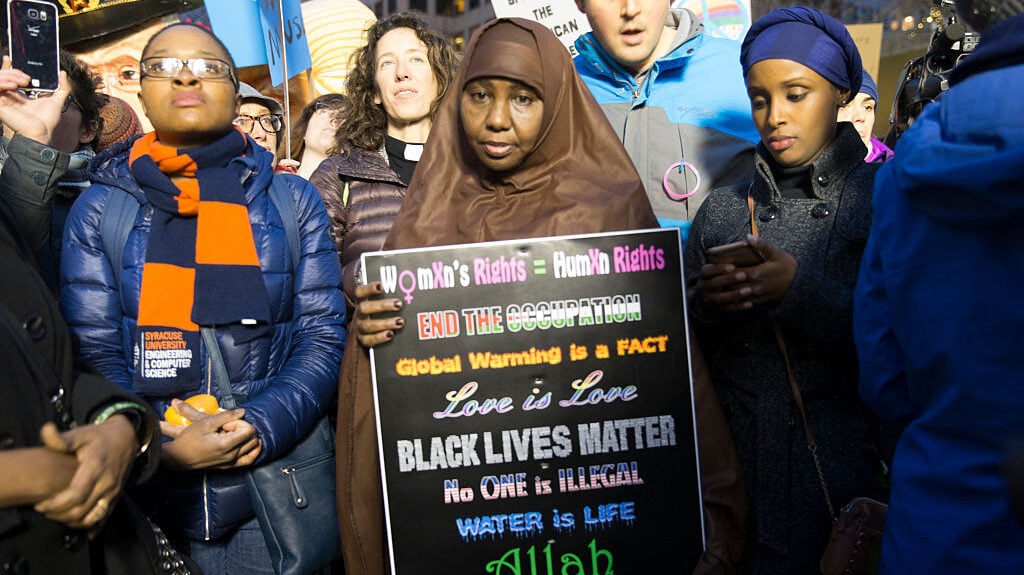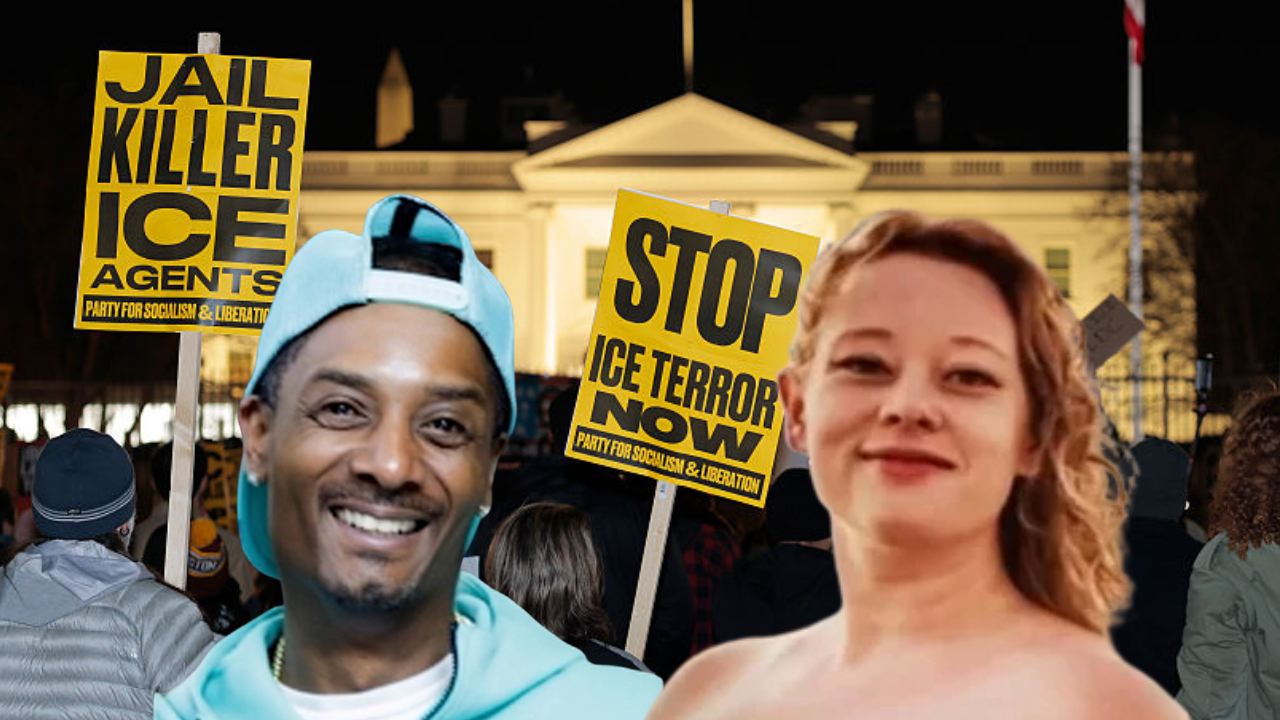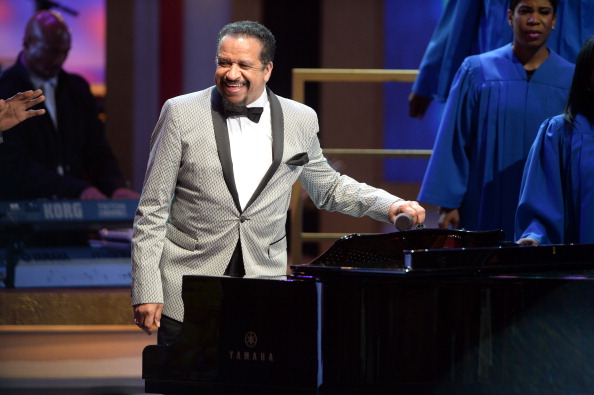Black Voter Disenfranchisement Is On The Supreme Court Docket
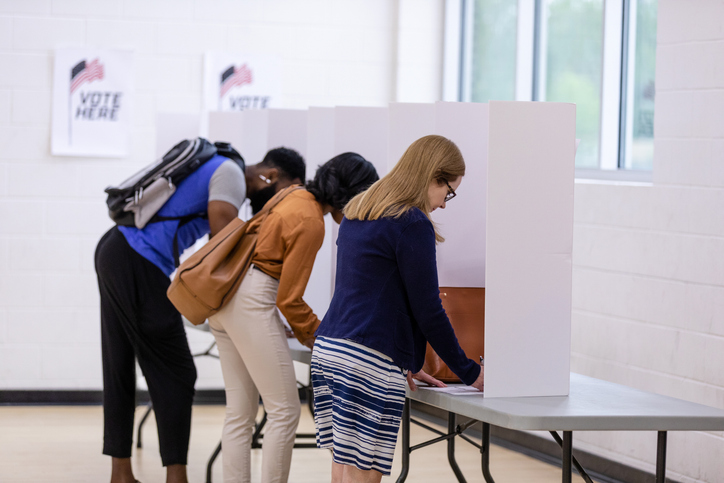
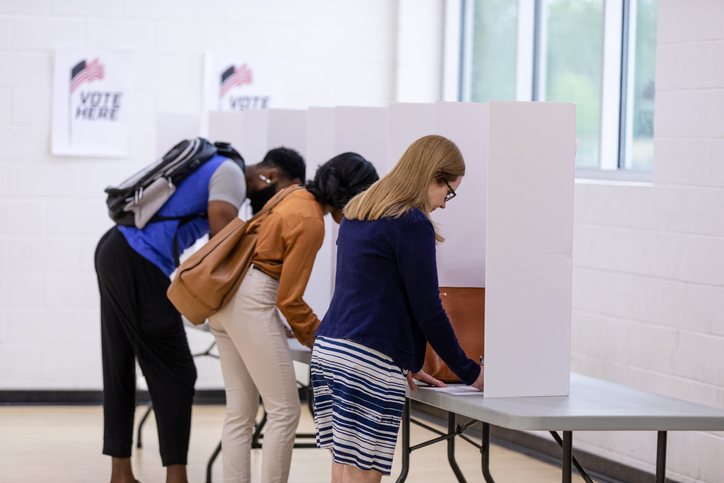
Black political power, fair representation, and Section 2 of the Voting Rights Act are once again on the Supreme Court’s docket in Louisiana v. Callais. On the heels of the 60th anniversary of the historic Voting Rights Act of 1965, the nation’s highest court will rehear arguments that could have major implications for fair representation for Black voters and other disenfranchised groups.
In many ways, Callais continues the generational attack on Black political power and fair representation dating back to the end of the Civil War in 1865. Renewed attacks on Black voting rights and political power, and addressing unconstitutional discrimination in exercising the franchise, require intervention like that provided under Section 2 of the VRA.
When will Louisiana v. Callais be heard?
After hearing oral arguments in March 2025, the Supreme Court punted the case to the upcoming fall term.
The Court will rehear oral arguments in Callais on Oct. 15, 2025. Listen to the first oral argument here.
What’s at stake in Louisiana v. Callais?
After the 2020 census showed sufficient population growth to warrant the change, voters organized and won a second majority-Black congressional district. When the state released its 2022 map, excluding the second majority-Black district, nine voters joined the NAACP Louisiana State Conference and the Power Coalition for Equity and Justice in a lawsuit to ensure Black voters could elect representatives of their choice. After the Louisiana State Legislature finally passed maps with two majority-Black congressional districts, a group of non-Black voters filed suit.
At the heart of the current challenge is a reverse racism style argument claiming that ensuring Black political representation itself is a violation of Section 2 of the VRA and an impermissible racial gerrymander.
The Legal Defense Fund has framed Callais as central to “the future of a multi-racial democracy and the commitment to ensure that every vote counts and every voice is heard in the political process.”
Arguing the case earlier this Spring, LDF explained that the two majority-Black districts were consistent with the Voting Rights Act and the Equal Protection Clause of the 14th Amendment. Ahead of the rehearing, the Court asked parties to submit updated briefs addressing the question of whether the creation of a second Black majority congressional district violates either the 14th or the 15th Amendment.
As reported by the Louisiana Illuminator, if the Court rules against Black political representation, the state would likely enact a new map in effect for the 2028 election.
What is Section 2 of the Voting Rights Act?
Since the Court’s 2013 decision in Shelby v. Holder and the 2021 decision in Brnovich v. Democratic National Committee, the Voting Rights Act’s power and impact have been restricted. But Section 2 remains a strong enforcement mechanism for challenging discriminatory voting laws.
At its core, Section 2 of the VRA prohibits racial vote dilution and requires redistricting that considers racial parity when necessary to address discrimination. The current Supreme Court most recently affirmed Section 2 of the VRA in the 2023 redistricting decision in Allen v. Milligan. Similar to Callais, Black voters fought for a second majority Black district representative, as they make up over 25% of the state’s electorate.
But after the Court released its opinion in Students for Fair Admissions, Inc. v. President & Fellows of Harvard College—erroneously claiming that race-based considerations in college admissions violate the Equal Protection Clause of the 14th Amendment—adversaries of voting rights seized on the logic to challenge Allen and Section 2 protections for Black voters.
In addition to prohibiting racist vote dilution practices, Section 2 permits private individuals and groups to file suit to enforce the VRA. Litigation in the Eighth Circuit Court of Appeals has attempted to remove this right, with plaintiffs in that circuit currently unable to sue to protect their rights. It’s even more pressing an issue at a time when the federal government is openly hostile to voting rights and unlikely to fight for people’s rights.
A June 2025 analysis from the Brennan Center for Justice outlined the importance of Section 2. In its analysis, the Brennan Center outlined how novel conservative theories attempted to rewrite history and congressional intent. Notably, congressional reports document clear and plain language stating the right to a private cause of action when Congress amended the act in 1982.
How might this impact fair representation and redistricting?
Even with the Court’s two-year-old ruling in Allen, opponents of Black political power and fair representation have been working overtime to undo the gains made in the last 60 years. In the past few months alone, several Republican controlled state legislatures have taken preemptive action to eradicate Black political power.
Several weeks ago, the Fifth Circuit Court of Appeals upheld a separate challenge under Section 2 concerning Louisiana’s state legislative maps. Louisiana is expected to enter a special redistricting session as Callais is being heard.
“A fair and equitable congressional map has always been our North Star,” Ashley Shelton, President/CEO of Power Coalition for Equity and Justice, said in a statement earlier this year. “We will continue to advocate for a map that reflects our communities and upholds the hope of true and substantive political representation, and we look forward to using this opportunity to continue to build Black political power for our beloved communities across Louisiana and the nation.”
SEE ALSO:
Fighting For Black Political Power As Voting Rights Act Turns 60
ICYMI: Black Voters In WI and LA Deliver Decisive Defeats To Republicans
What's Your Reaction?
 Like
0
Like
0
 Dislike
0
Dislike
0
 Love
0
Love
0
 Funny
0
Funny
0
 Angry
0
Angry
0
 Sad
0
Sad
0
 Wow
0
Wow
0




